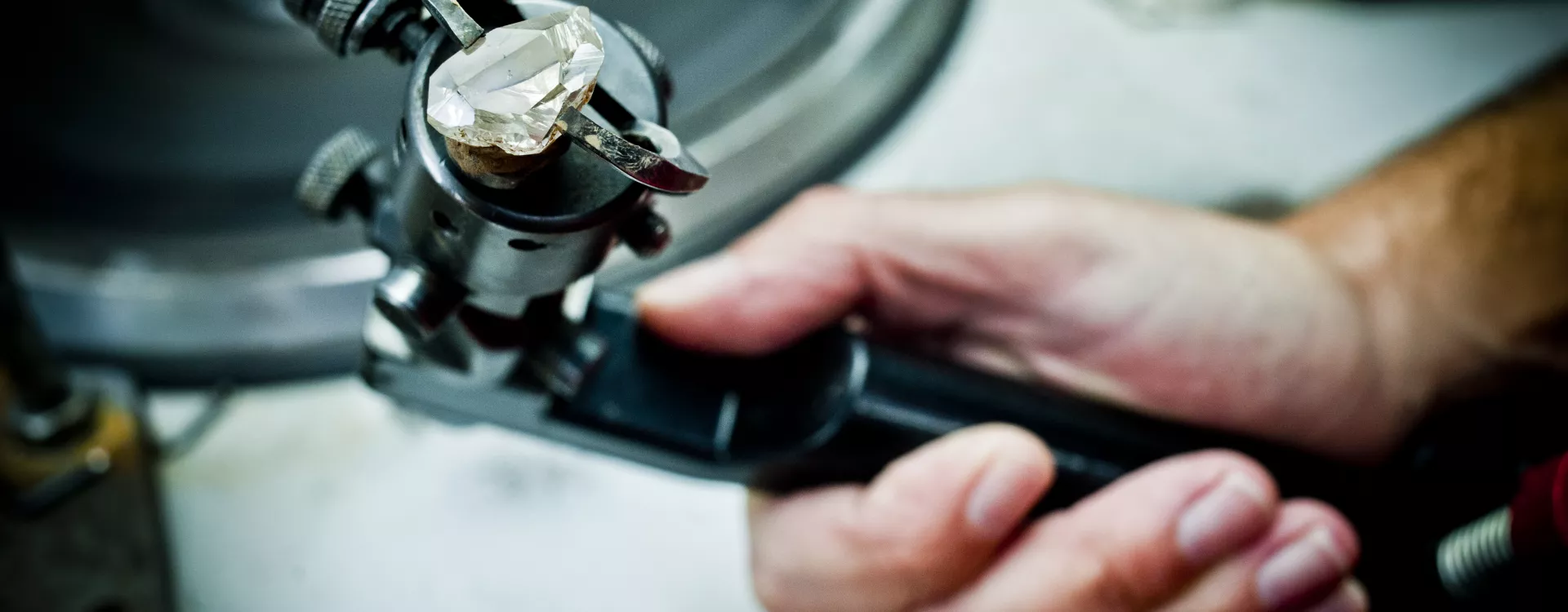Major breakthrough for Antwerp diamond sector: zero percent U.S. import tariff for EU-polished diamonds
Exception for diamonds in trade agreement provides a boost for Antwerp as a trading and polishing hub
Antwerp, September 24, 2025. Thanks to intensive negotiations, the Antwerp World Diamond Centre (AWDC), the umbrella organization for the Antwerp diamond industry, has succeeded in securing a zero percent import tariff for natural polished diamonds under the trade agreement between the European Commission and the United States. This exemption is part of a U.S. executive order, effective retroactively as of Monday, September 1, which grants tariff waivers to trade partners that conclude agreements covering industrial exports, including nickel, gold, other metals, pharmaceuticals, and chemicals. Concretely, this means that diamonds of European origin – for example, polished in Antwerp – will no longer be subject to the standard 15% tariff, but can instead be imported at 0% duty. This is a tremendous boost for the Antwerp diamond industry in general, and it will give Antwerp’s polishing sector a significant uplift. The breakthrough may also have global impact, as it paves the way for other major diamond countries to secure similar favorable tariffs.
With total exports ofUSD 2.1 billion in polished diamonds from Antwerp to the U.S. annually, the United States is a crucial trading partner for Antwerp. “AWDC has strongly prioritized this file, because the agreement is of vital importance and strengthens our competitiveness as both a trading and polishing hub,” says AWDC CEO Karen Rentmeesters. “For goods of European origin – polished in Antwerp – which account for half of all polished diamond exports to the U.S., the 15% tariff will no longer apply. These goods are now included on the list of exemptions summarized in so-called ‘Annex II,’ which outlines products that can be exempted once a bilateral trade agreement with the U.S. is reached. But the exemption is also of great international importance. By setting this precedent, we have opened the door for other diamond-producing and polishing countries to negotiate similar arrangements in the near future. A global zero percent tariff on diamonds is particularly important for Belgian diamantaires, who often trade diamonds polished in India,” Rentmeesters explains.
Rentmeesters also praised the efforts of all industry partners, as well as those of the Belgian government and the European Commission. Together, they succeeded in clearly demonstrating that a 15% import duty brings no benefit to the U.S. jewelry market and would only burden consumers. The U.S. has neither diamond mines nor significant polishing facilities, meaning there is no domestic industry that needs protection. The United States – the world’s largest consumer market for polished diamonds – is almost entirely dependent on imports from countries like Belgium to meet its high domestic demand. “The efforts of AWDC, in close cooperation with the Belgian government and European policymakers, have resulted in natural polished diamonds being excluded from this trade tariff. We are extremely grateful to our partners and view this decision as a clear signal of the strategic importance our governments attach to Belgium’s diamond industry,” Rentmeesters concludes.
Disclaimer:
The official publication of this information is planned for September 25. See:
https://www.federalregister.gov/public-inspection/2025-18660/certain-tariff-related-elements-of-the-us-eu-framework-on-an-agreement-on-reciprocal-fair-and




